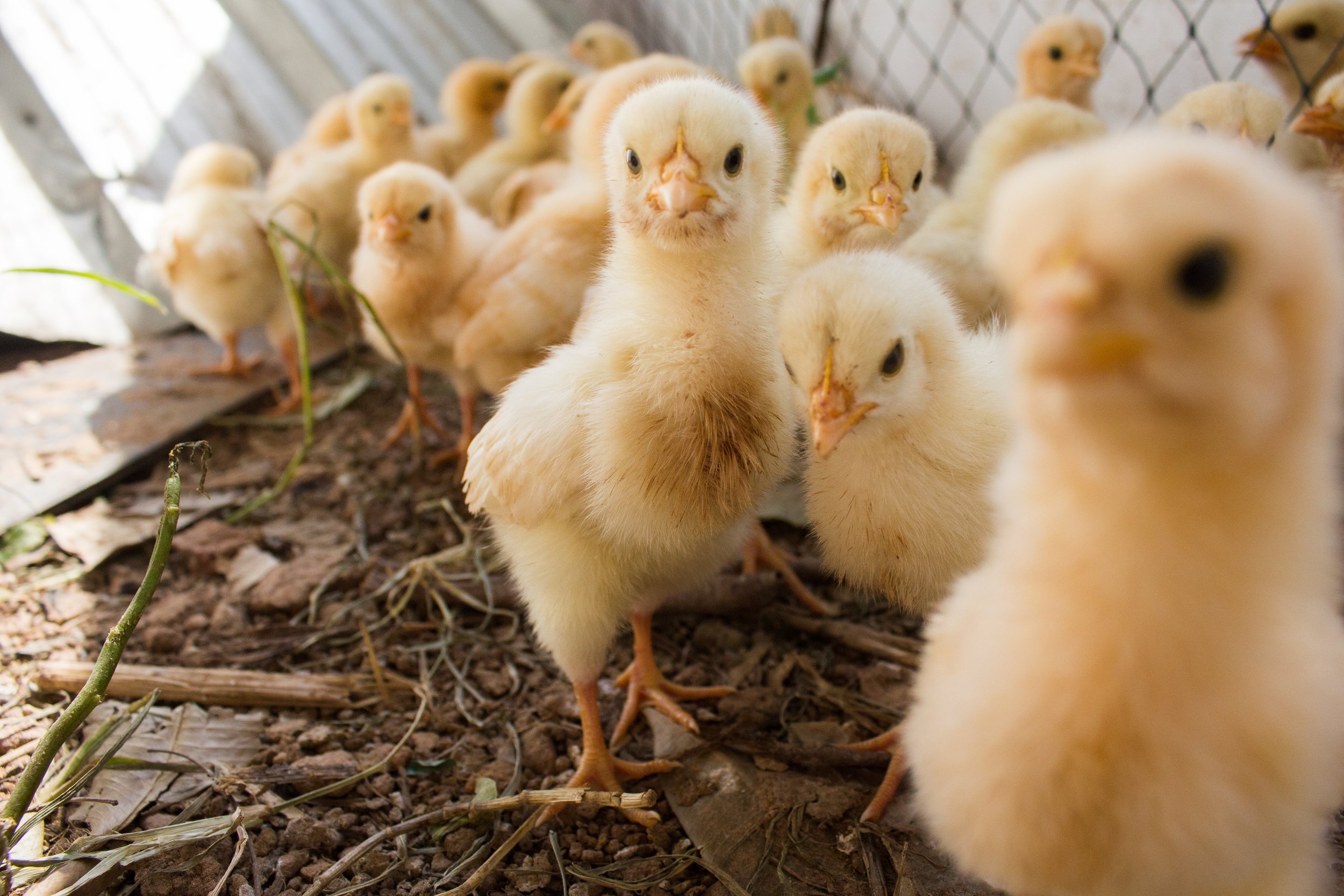The Joy of Raising Baby Chicks: A Beginner’s Guide to Your Feathered Friends
Hey there, fellow bird enthusiasts! If you’ve been thinking about adding a little clucking joy to your life, you might be considering purchasing baby chicks. Whether you dream of fresh eggs, a backyard flock, or just want some adorable pets, raising chicks can be an incredibly rewarding experience. So grab a cup of coffee (or tea, if that’s your jam) and let’s dive into the wonderful world of baby chicks!
Why Choose Baby Chicks?
First things first—why should you consider raising baby chicks? Well, for starters, they are delightful! Watching them grow from tiny fluffballs to fully-grown chickens is a journey filled with laughter, curiosity, and a whole lot of “Awww!” Plus, there’s nothing quite like the satisfaction of collecting fresh eggs right from your backyard. Not to mention, chickens can be incredibly beneficial for your garden, providing natural pest control and fertilization.
Research Before You Buy
Before you rush off to purchase those pint-sized cuties, it’s crucial to do some research. Different chicken breeds have varying temperaments, egg production rates, and space requirements. For instance, if you’re looking for friendly companions, consider breeds like the Buff Orpington or the Rhode Island Red. If you’re interested in colorful eggs, the Easter Egger might be your best bet!
Take some time to learn about the breeds that will best suit your lifestyle and needs. There are plenty of resources online, from local agricultural extensions to chicken-enthusiast forums. You can even visit local farms or hatcheries to see the breeds in person and ask questions.
Where to Buy Baby Chicks
Once you’ve settled on the breed, it’s time to find your baby chicks! You can purchase chicks from various sources, including:
1. Local Farms: Check out local farms or backyard chicken keepers who may have chicks available. This option allows you to support local businesses and often gives you a chance to ask questions about care and raising chickens.
2. Hatcheries: Reputable hatcheries can be found online and will ship baby chicks directly to your doorstep. Make sure to check reviews and ratings to ensure you’re purchasing from a trustworthy source.
3. Local Farm Stores: Many rural or suburban farm supply stores carry baby chicks during the spring season. This is a great option if you want to see the chicks in person and ask staff for advice.
Preparing Your Home for Chicks
Now that you have your chicks in mind, it’s essential to prepare your home for their arrival. Baby chicks require specific care, especially in their early days. Here’s what you need:
1. Brooder: A brooder is a warm, safe space for your chicks to live until they’re old enough to be outside. You can use a large cardboard box, a plastic tub, or a special brooder kit. Ensure it’s clean and secure—chicks are curious little creatures!
2. Heat Source: Chicks need warmth, so you’ll need a heat lamp or a brooder plate to keep the temperature between 90°F and 95°F during the first week. Reduce the temperature gradually as they grow—by about 5°F each week.
3. Bedding: Use pine shavings or straw as bedding in the brooder. Avoid cedar shavings, as they can be harmful to chicks. Make sure to keep the bedding clean and dry to prevent health issues.
4. Food and Water: Purchase a high-quality chick starter feed that’s specifically formulated for baby chicks. Provide fresh water in a shallow dish to prevent drowning. Change the water daily to keep it clean!
Caring for Your Baby Chicks
Caring for baby chicks is a fun and engaging experience! Here are some tips to ensure they thrive:
- Socialization: Spend time with your chicks daily to help them become friendly and comfortable around humans. They’re curious and love to explore!
- Health Monitoring: Keep an eye out for signs of illness, such as lethargy, unusual droppings, or loss of appetite. If you notice anything concerning, consult a veterinarian who specializes in poultry.
- Transitioning Outdoors: When your chicks are about six weeks old and fully feathered, it’s time to introduce them to the great outdoors! Ensure their coop is secure from predators and has enough space for them to roam and forage.
Building a Coop
As your chicks grow, they’ll need a proper coop to call home. A well-built coop not only keeps your chickens safe but also provides them with a comfortable living environment. Here are some essentials for a chicken coop:
1. Space: Each chicken needs about 4 square feet of interior space and 10 square feet of outdoor space in a run. This ensures they have adequate room to move around.
2. Ventilation: Good airflow is crucial in preventing respiratory issues. Include windows or vents in your coop design.
3. Nesting Boxes: Provide nesting boxes for egg-laying. A good rule of thumb is one box for every three hens.
4. Roosting Bars: Chickens love to perch, so include roosting bars at varying heights for them to sleep on.
5. Security: Ensure your coop is predator-proof. Use hardware cloth instead of chicken wire for better protection.
Enjoying the Fruits of Your Labor
Once your chicks are settled in and growing, it won’t be long before you’re rewarded with fresh eggs! The joy of raising your own chickens goes beyond just egg production—it's about building a bond with these remarkable animals and enjoying their quirky personalities.
So, are you ready to take the plunge into the world of baby chicks? With a little preparation and care, you’ll be on your way to a delightful flock that brings joy, entertainment, and fresh eggs to your life. Happy chick raising! 🐥❤️



